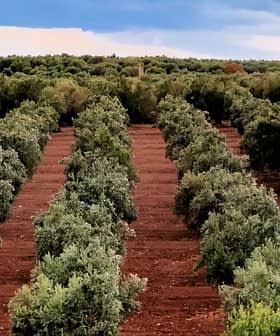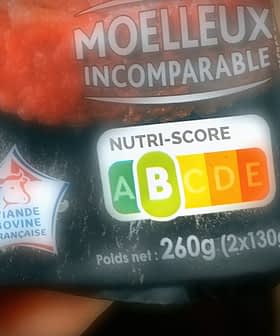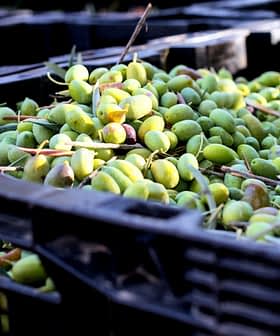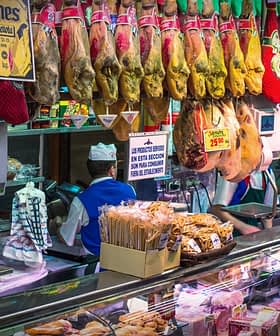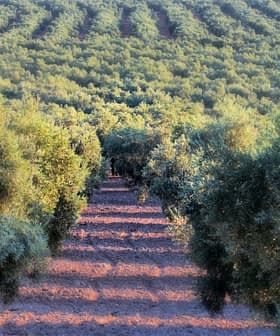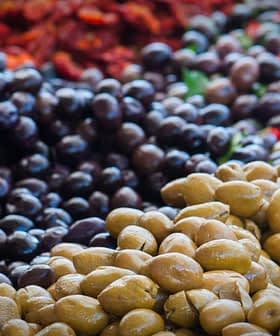Spanish Producers Join Chorus of Concerns Over Nutri-Score
The Spanish olive oil industry and government officials are strongly opposing the introduction of the Nutri-Score food labeling system, criticizing it as incomplete and misleading, particularly in its classification of olive oil. They argue that the system fails to account for the health benefits of extra virgin olive oil and may damage the reputation of the product. Concerns have also been raised about the potential impact of Nutri-Score on consumer perception and consumption of olive oil, with experts warning that the system may not accurately reflect the nutritional qualities of different food products.
The Nutri-Score food labeling system is undergoing harsh scrutiny from the Spanish olive oil industry and government officials, as its formal introduction in the country approaches.
With plans to integrate the system into the food chain in the first few months of 2021 going ahead, the National Sectoral of Virgin Olive Oil with a Protected Designation of Origin has heavily criticized the French FOPL (front-of-pack label).
Spain can not allow a nutritional classification system that misleads the consumer. It is an absolute scandal.
According to the Catalan news agency, La Vanguardia, at a meeting with the Spanish food security agency, Aesan, the president and executive secretary of the sectoral called Nutri-Score “incomplete, misleading and, as such, false.”
See Also:Nutri-Score Will Damage Olive Oil Trade, Italian Producers ArgueEnric Dalmau and José Manuel Bajo added that the numerous health benefits of extra virgin olive oil are not taken into account by Nutri-Score, which classifies all food items with a letter and associated color grade from A to E (A being most healthy, E being least healthy).
Seven different parameters – content of fruits, vegetables and nuts, fiber, protein, calories, sugar, fat and sodium per 100 grams or per liter of food – are taken into account when calculating the score.
“The government cannot put its weight behind an outrage that will irremediably damage the image and reputation of one of the most prestigious agri-food products in the country, base of the Mediterranean diet,” the PDO producer organization said.
In statements reported by the newspaper El País, Dalmau and Bajo further criticized the way Nutri-Score classifies olive oil.
“To even consider olive oil to be on the same level as seed oils, including rapeseed oil, is a complete fraud against consumers,” they said. “Spain can not allow a nutritional classification system that misleads the consumer. It is an absolute scandal.”
According to Serge Hercberg, a professor of nutrition at the University of Paris and head of the team that devised Nutri-Score, the point of the FOPL is to compare the nutritional qualities of foods in the same category. He maintains that it is not meant to be the only factor used by consumers in their purchase choices.
“[The C for olive oil] is the best score possible for added fats and even for vegetable oils,” he told Olive Oil Times in a July 2020 interview. “The public health recommendations do not suggest consuming olive oil without limits, but they encourage consumers to favor it over other vegetable oils and especially over animal fats.”
Proponents of Nutri-Score have also argued that the classifications are not set in stone. For example, olive oil was originally graded with a D by Nutri-Score before being revised up to a C after the quality of its fat content – monounsaturated fatty acids as opposed to saturated fatty acids – was taken into account.
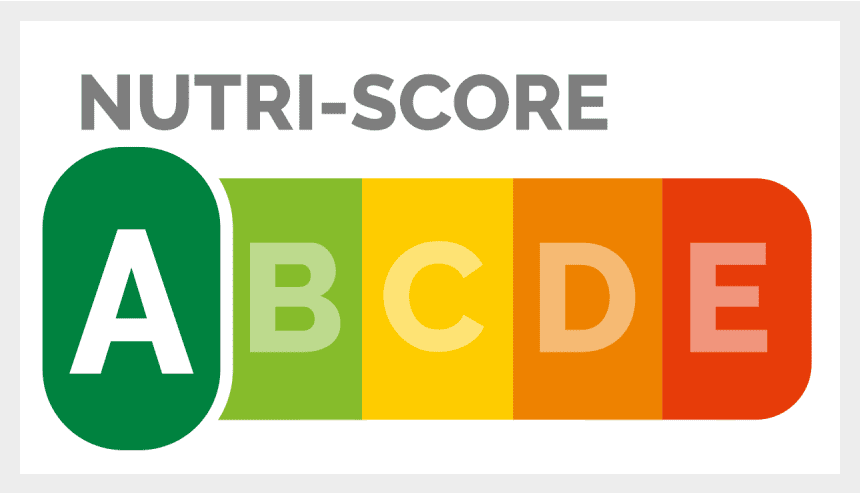
To this end, the Spanish Ministry of Health, Consumption and Social Welfare did not rule out future changes, which would be looked at during the periodic meetings held by the countries that have already adopted Nutri-Score.
“There is an idea to create a scientific committee that will adopt future classifications and modifications following the available scientific evidence,” the ministry said, adding that changes can only be made based on scientific knowledge and “no decision can be taken in the interest of any single country.”
However, not all experts within the ministry agree about the efficacy of Nutri-Score. Montaña Cámara, president of the Aesan scientific commission, said she considered Nutri-Score a “confusing” system.
According to the local agricultural magazine Agrodiario, Cámara said that Nutri-Score “aims at simplifying, but it really is not easy to understand” because consumers “could think that [Nutri-Score] allows them to compare fruits and cereals, or meat-based products with legumes, but that is not the case, since it only has meaning if used to compare products belonging to the same food category.”
Juan Revenga, a professor at the University of San Jorge, member of the Spanish Nutritional Academy and the scientific committee of the Spanish Foundation of Nutritionists, agrees with Cámara’s assessment and added that Nutri-Score may undermine efforts to educate people about the healthy qualities of extra virgin olive oil.
“Consumers will have a hard time understanding why a product that has been associated with a healthy diet for so long – extra virgin olive oil – gets such a classification,” he told Olive Oil Times. “It is even difficult for the experts in the sector to understand.”
“No one can understand why such a score is attributed to olive oil without considering its different qualities: within Nutri-Score a C includes extra virgin olive oil, virgin olive oil, non-virgin olive oil and olive oil obtained through refining,” he added. “That is nonsense.”
However, what concerns Revenga the most about Nutri-Score is the high classifications for processed foods.
“According to a study, more than 40 percent of all products classified A or B [by Nutri-Score] are ultra-processed,” he said. “That can not be accepted, consumers are informed that those foods are healthy when they are not.”
Revenga cited Coca Cola Zero and Chocapic cereals, both of which are classified with a B by Nutri-Score, as examples.
“One of the most dangerous features of the Nutri-Score algorithm is, on one hand, that it factors in the negative contents present in a food, while emphasizing apparently positive contents,” Revenga said. “These can be used to whitewash the negative elements in the final classification.”
See Also:Labeling Systems Like Nutri-Score Could Save Lives, Researchers Say“It is incomprehensible how the C classification for extra virgin olive oil is the same for rapeseed oil or nut oil or with any other variety of lower quality olive oils,” he added.
This lack of differentiation among vegetable oils also concerns producers of olive oils with geographical indicators.
“We are taking a lot of risks, because that is a label consumers will look at, and can deter them from consuming extra virgin olive oil,” Jesús Sutil, who manages the Sierra Mágina PDO in Jaén, told El País.
Spain is the world’s largest producer of olive oil and a major exporter. Roughly one-third of the country’s olive oil exports are destined for other countries in the European Union. Sutil believes the adoption of Nutri-Score may have a significant impact extra virgin olive oil consumption in the bloc.
Bajo, the executive director of National Sectoral of Virgin Olive Oil with a Protected Designation of Origin, struck a similar note and said “there is a lot at stake because we are putting at risk a symbol of identity as a country.”
“The Marca España is in danger, and our international influence is in question,” he added. “If E.U. consumers do not see the difference between olive oil and other oils, if it is not identified by its high healthy value, we do not know how much European consumption is going to fall. It’s a risk we’re not willing to take.”


